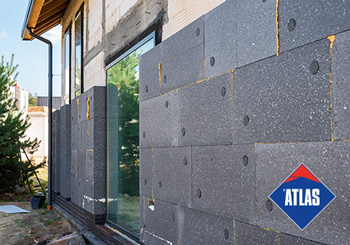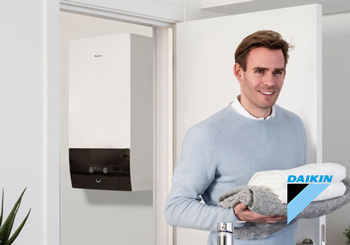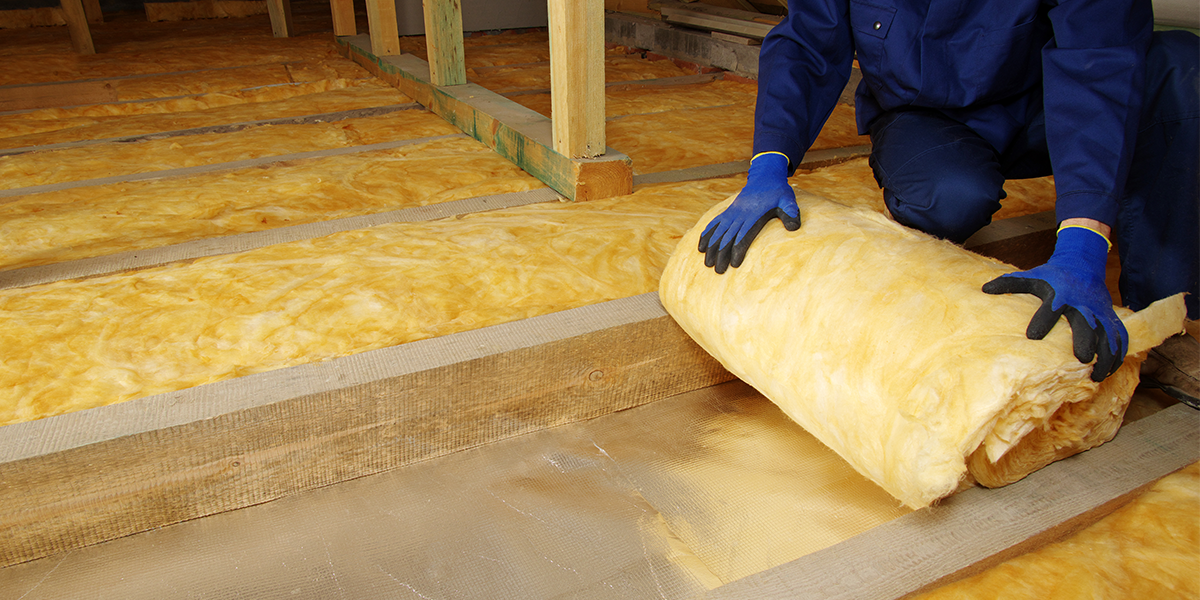Home insulation is a crucial aspect of energy efficiency in the United Kingdom. It helps to keep homes warm in the winter and cool in the summer, reducing the amount of energy needed to maintain comfortable temperatures. This not only saves money on energy bills, but it also helps to reduce the country’s carbon footprint. In this article, we will discuss the different types of insulation available in the UK, their benefits, and how they can improve energy efficiency in homes.
The most common types of insulation used in UK homes are cavity wall insulation, loft insulation, and solid wall insulation.
Cavity wall insulation is a popular option for many homeowners. It is installed by injecting insulation material into the cavity, or empty space, between the inner and outer walls of a property. This helps to prevent heat loss through the walls and can save homeowners up to £160 per year on energy bills.
Loft insulation is another effective way to improve energy efficiency in homes. It works by trapping heat in the attic, preventing it from escaping through the roof. This can save homeowners up to £225 per year on energy bills. The most common type of loft insulation is made from mineral wool, which is a safe, non-flammable and sustainable material.
Solid wall insulation is a more complex and expensive option, but it is also one of the most effective ways to improve energy efficiency in homes. It works by creating a barrier between the interior and exterior of the property, preventing heat loss through the walls. This can save homeowners up to £455 per year on energy bills. Solid wall insulation can be applied in several ways, including externally, internally or by using an insulated render system.
Other types of insulation available include underfloor insulation, which is installed under the floorboards and can save homeowners up to £70 per year on energy bills. Additionally, there is also pipe insulation, which is used to insulate hot water pipes and can save homeowners up to £25 per year on energy bills.
The importance of home insulation cannot be overstated, as it not only saves money on energy bills but also helps to reduce the country’s carbon footprint. By insulating homes, we can reduce the amount of energy needed to heat and cool them, which in turn reduces the amount of fossil fuels that need to be burned to produce that energy. This helps to reduce the amount of carbon dioxide and other pollutants that are released into the atmosphere.
In addition to its environmental benefits, home insulation also provides other benefits to UK households. For example, it can help to improve indoor air quality by reducing the amount of moisture that can build up in the home. This can help to prevent mold and mildew from forming, which can cause health problems for residents. Additionally, insulation can also help to reduce noise pollution, making homes quieter and more pleasant places to live.
In conclusion, home insulation is a crucial aspect of energy efficiency in the United Kingdom. It helps to keep homes warm in the winter and cool in the summer, reducing the amount of energy needed to maintain comfortable temperatures. This not only saves money on energy bills, but it also helps to reduce the country’s carbon footprint. There are several types of insulation available in the UK, each with its own set of benefits. Whether you choose cavity wall insulation, loft insulation, solid wall insulation or any other type of insulation, you can be sure that it will help to improve energy efficiency in your home and make it a more comfortable and sustainable place to live.








